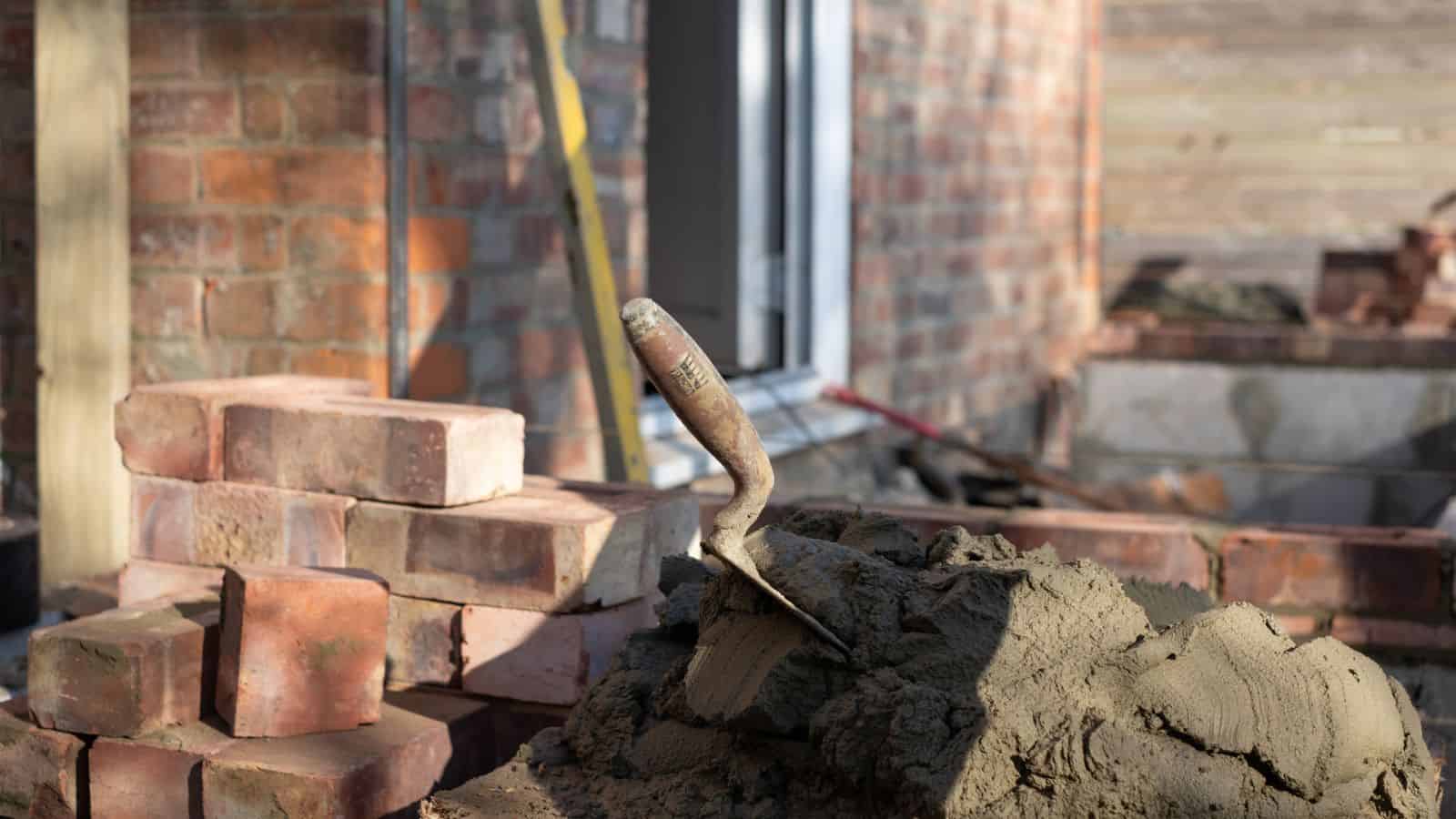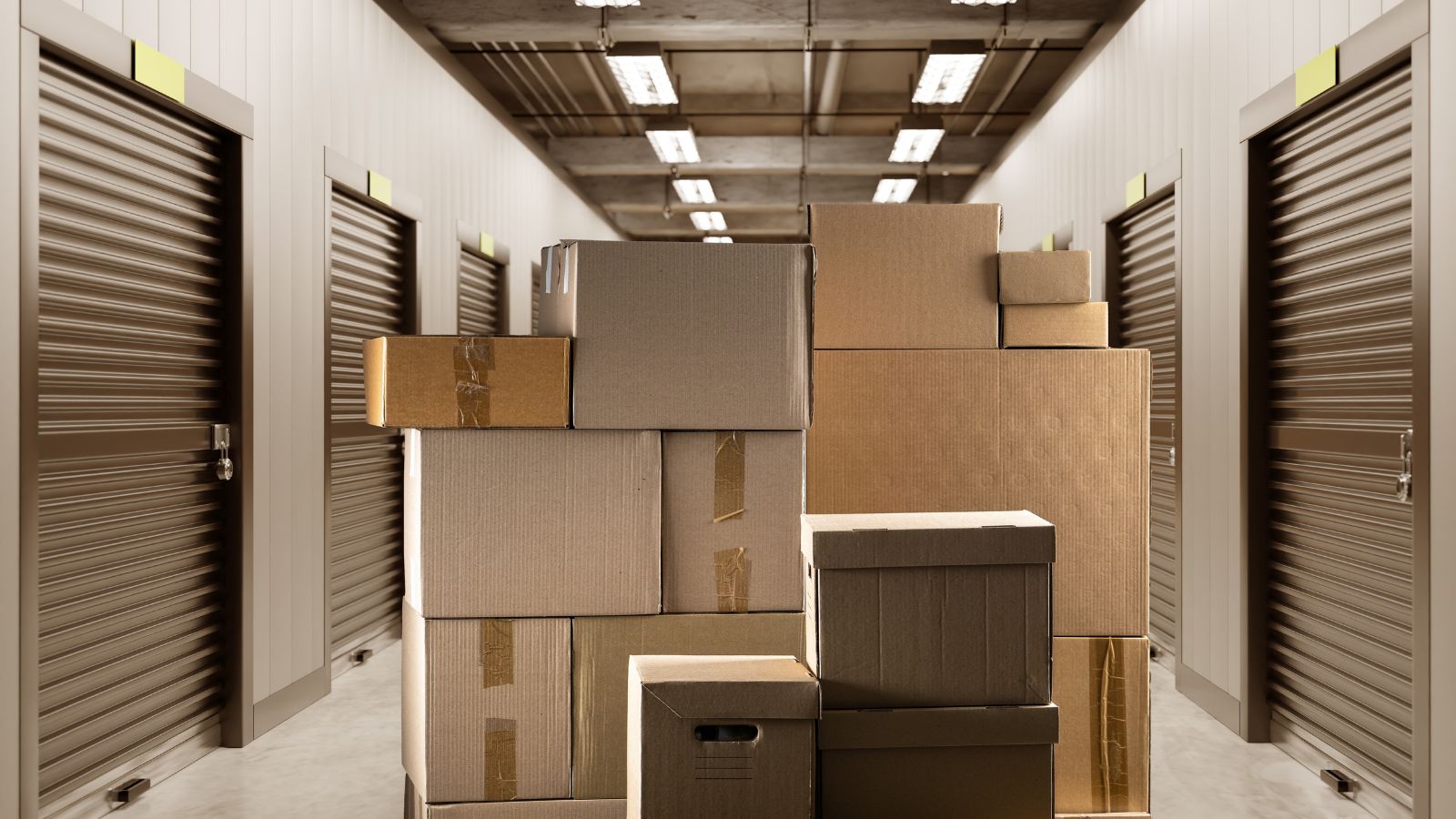Retirement should be a time for sitting back and enjoying the fruits of your labor, but to make the most of this time, it’s important to manage your finances carefully. When you have a fixed income, cutting down on unnecessary or excessive expenses can help your savings last longer. Let’s take a look at a few of the most important expenses to steer clear of if you want to get more out of your retirement years.
Timeshare Purchases

While timeshares might seem like a great vacation option, the hidden fees and long-term commitments can quickly weigh you down financially. Things like annual maintenance fees can quickly add up and tend to get even more expensive over time. If you’re looking for flexible travel options, it’s worth considering renting vacation properties or exploring last-minute deals instead.
Luxury Cars

I know buying a luxury car in retirement feels like a well-deserved treat after years of hard work, but the hefty price tag, high insurance rates, and costly maintenance can really eat into your savings.
Unless it’s a huge dream of yours, you’re probably better off going for a reliable, fuel-efficient car instead, as this can save you thousands over the years while still offering similar levels of comfort and practicality.
Expensive Home Renovations

Yes, some home upgrades are important to go ahead with, but it’s easy to overspend on projects that won’t significantly increase your home’s value. That’s why it’s best to avoid major renovations like high-end kitchen remodels or custom landscaping. Only plan essential, practical improvements that enhance safety or energy efficiency.
Frequent Dining Out

We all deserve a little taste of luxury every now and then, but dining out regularly can add up quickly, even if you typically go to casual restaurants. On the other hand, making meals at home is an affordable alternative and a fun way to explore new recipes. If you want to be kinder to your wallet, save dining out for special occasions.
Over-the-Top Gifts

If you’re a kind-hearted giver, it’s only natural that you’ll want to spoil your loved ones, but extravagant gift-giving can quickly drain your finances. Instead, consider focusing on meaningful, budget-friendly presents or experiences.
A handwritten letter, a homemade treat, or quality time together can all be wonderful, thoughtful gestures that don’t need to cost you a dime.
Premium Cable Packages

A lot of retirees spend more time at home, so it makes sense that they end up paying for costly cable packages. However, it’s important to ask yourself if you’re getting good use out of what you’re paying for. Streaming services or free digital TV options can provide plenty of entertainment at a fraction of the cost.
Impulse Shopping

You have a whole lot more free time when you retire, so you may find yourself shopping more and more often. There’s nothing wrong with a little retail therapy, but impulse purchases, especially for non-essential items, can quickly eat into your budget. Try sticking to a shopping list and giving yourself time to think before buying if you want to avoid unnecessary expenses.
Private Golf Club Memberships

You wouldn’t be wrong to think that joining a private golf club is a great way to stay active and social, but the initiation fees and monthly dues can be pretty steep. Public courses or pay-as-you-go options typically offer the same benefits without the long-term financial commitment, so it’s definitely worth looking into.
Overpaying for Insurance

Don’t make the mistake of keeping the same insurance policies you had while you were working, especially if your needs have changed. It’s important to regularly check and adjust your to avoid paying for insurance you no longer need. Shop around for better rates on home, auto, or health insurance.
Unnecessary Subscriptions

Subscription services can be convenient and enrich our lives, but it’s easy for them to pile up and create unnecessary costs. Review your subscriptions to things like magazines and streaming services regularly and cancel those you no longer use or enjoy.
High-Interest Debt

It’s important not to fall into the trap of carrying high-interest debt into your retirement, as this can quickly eat away at your savings. Focus on paying off credit cards and personal loans before retiring, or consolidate them into lower-interest options if possible. Living debt-free provides a whole lot more financial freedom during your golden years.
Overspending on Vacations

Retirement is one of the best times to get out there and see the world, but extravagant vacations may deplete your savings faster than you’d expect. Look for ways to cut costs, like traveling during off-peak seasons, using travel rewards, or choosing cheaper destinations.
Renting Storage Units

Storage units are a recurring expense that can add up over time. Instead of paying to store items you don’t use, consider decluttering your home and donating or selling things you no longer need. Downsizing your belongings can save money and simplify your life.
Fancy Gym Memberships

Yes, staying active is important, especially as you get older. However, expensive gym memberships aren’t always the best way to go about this. Many retirees get a lot out of senior discounts at community centers or use free resources like outdoor parks and walking trails. Some Medicare plans even offer fitness programs like SilverSneakers at no extra cost.
Buying in Bulk Without a Plan

Warehouse clubs like Costco can be great for savings, but contrary to what you may think, buying in bulk isn’t always the best idea in retirement. If you’re living alone or with just one other person, these hefty purchases can actually end up going to waste. For this reason, it’s important to be mindful of what you can realistically use before items expire.
Outdated Technology Upgrades

We all know how tempting it can be to buy the latest gadgets, but upgrading technology isn’t usually necessary and can strain your budget. If your current devices still work well, there’s no need to replace them with the newest budget-breaking model.
Frequent Home Cleaning Services

There’s nothing wrong with hiring professional cleaners to save you time and energy, but the costs can add up quickly if it becomes a regular expense. If you’re still able to get around and do some cleaning by yourself, it’s best to scale back to occasional deep cleanings or anything else that feels essential.
Lavish Landscaping

Elaborate yards with costly plants and fountains may look impressive, but maintaining them is a mighty feat that leads to big ongoing expenses for maintenance and water. Simplifying your landscaping with low-maintenance plants and designs can reduce costs while still making sure your outdoor space looks healthy and beautiful.
